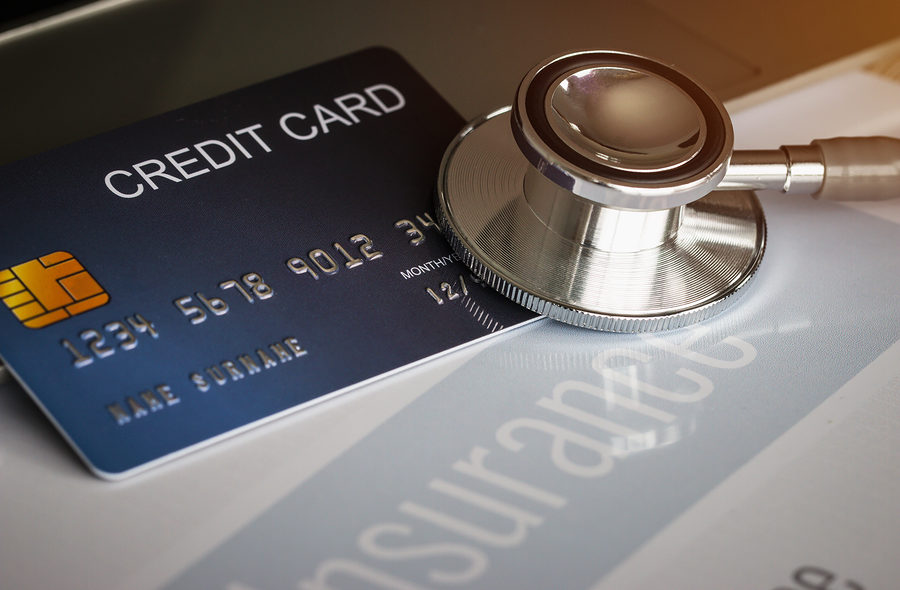When it comes to filing for bankruptcy, it is not always a matter of “if” but rather a matter of “when.” Depending on a person’s financial situation, it can pay to properly time out a bankruptcy filing. Whether it is the right time to file for bankruptcy can depend on several factors including whether someone is facing foreclosure, vehicle repossession, wage garnishment, or any of the following.
Mortgage Modification
When someone is facing foreclosure, a few different steps can be taken to delay or even prevent the process. One of these solutions is through a mortgage modification. Homeowners facing foreclosure should try this approach first before filing for bankruptcy.









